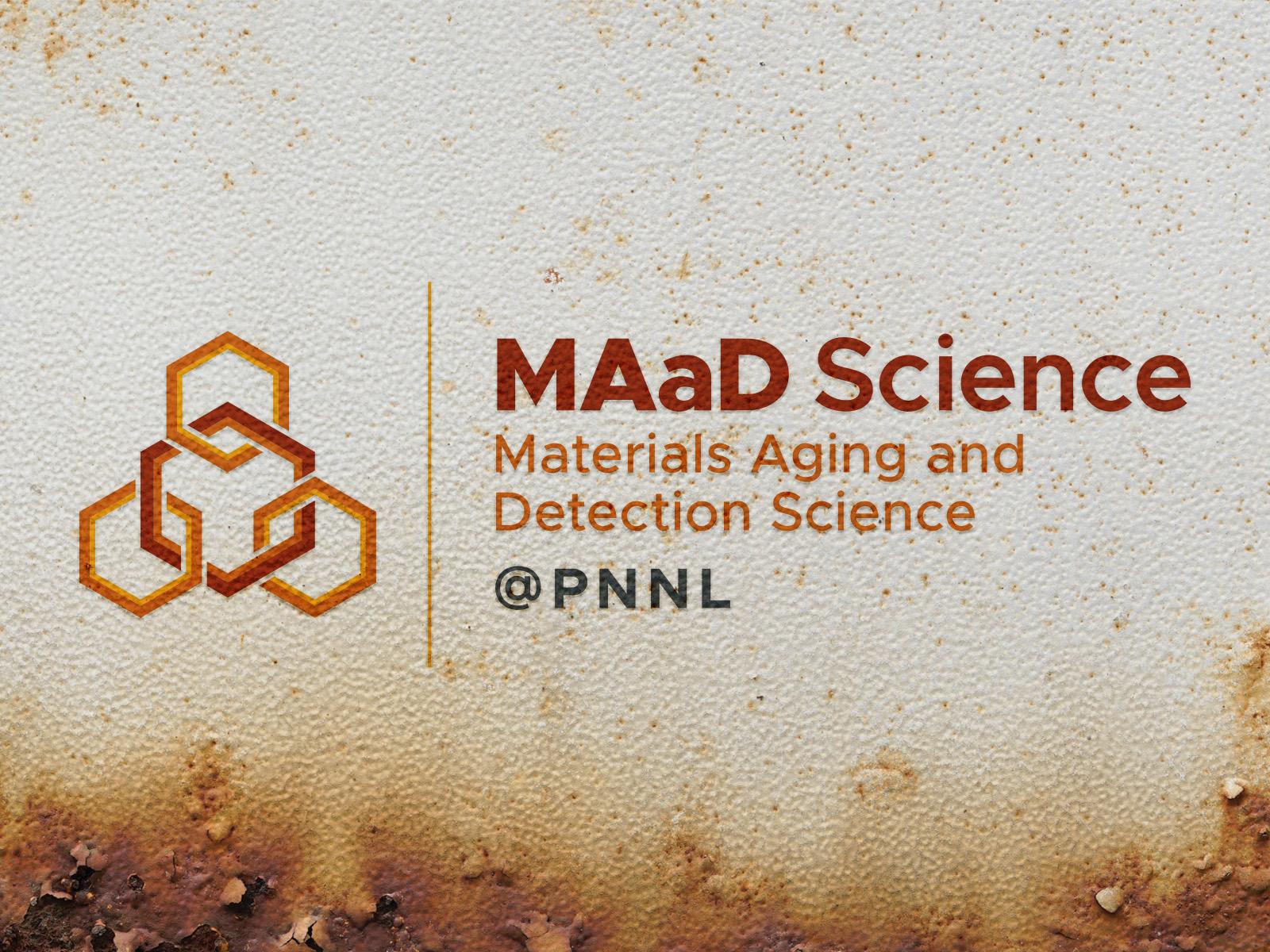MAaD Science Seminar: How Manufacturing and Service Factors Affect Plastic Performance

10:00 a.m. Thursday, May 19, 2022

When a plastic part fails, a tough question is often asked: “What led to this failure?” Two very important factors that affect the performance and longevity of plastic components are the manufacturing process and the use conditions. Both expose the material to a variety of environments that can reduce the durability of the plastic part and lead to premature failure. These conditions include: elevated temperature, radiation, and static and dynamic stresses.
The evaluation of these premature failures provides an opportunity for learning. By understanding how and why a plastic component is failed, steps can be taken to prevent future occurrences. Failure case studies will be presented to illustrate how to identify the failure mechanism as well as the primary factors responsible for the failures.

The Materials Aging and Detection (MAaD) Science Seminar Series at Pacific Northwest National Laboratory presents Plastics Engineer Jeffrey A. Jansen at 10 a.m. on Thursday, May 19, via Teams. The seminar is free and open to the public. A graduate of Carroll College and the Milwaukee School of Engineering, Jansen is a proven plastics professional with more than 30 years of experience solving problems and addressing opportunities related to polymeric materials. The Madison Group is an independent plastics engineering and consulting firm based in Madison, Wisconsin.
For more information about the MAaD Science Seminar Series, contact Leo Fifield at leo.fifield@pnnl.gov or 509-375-6424.